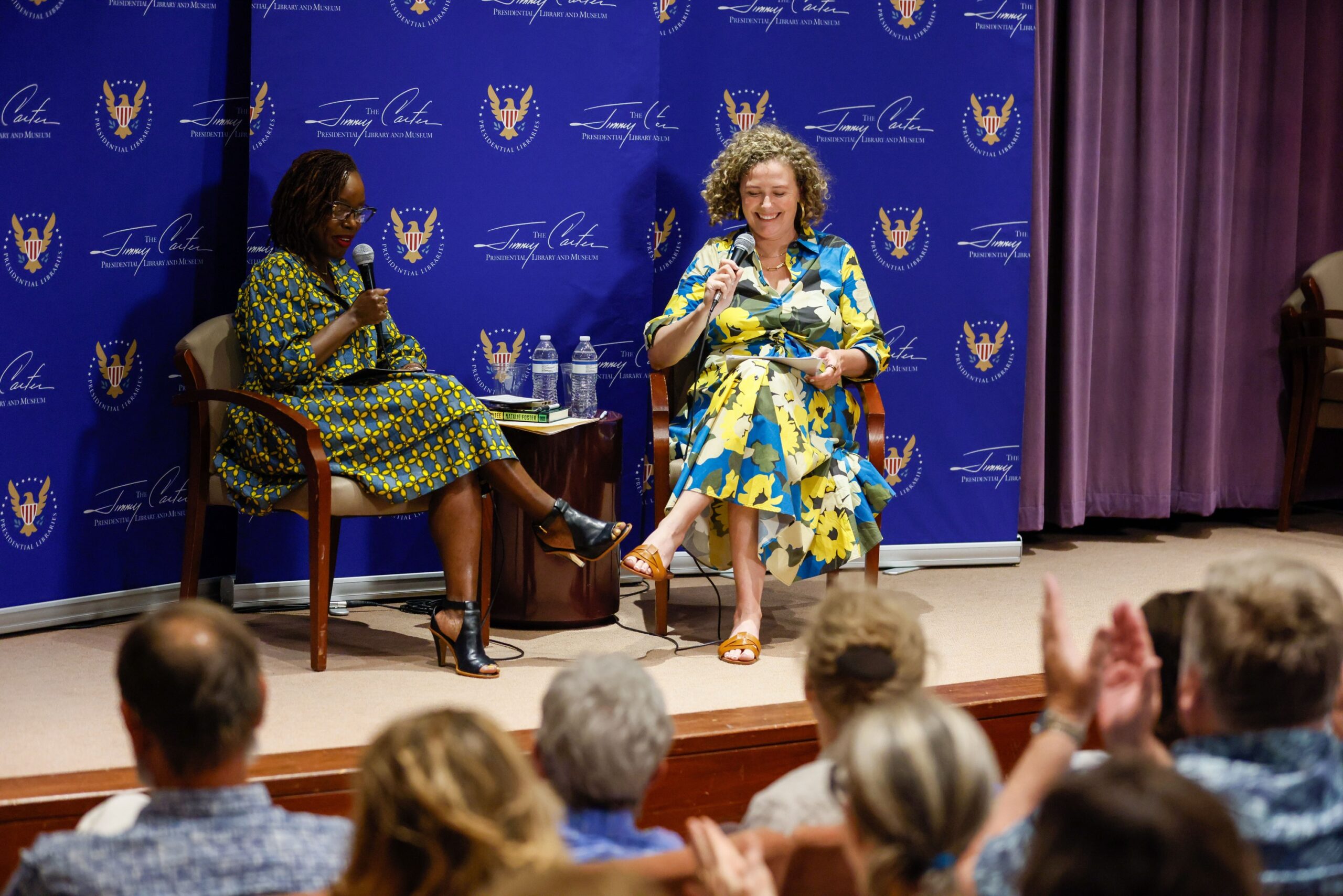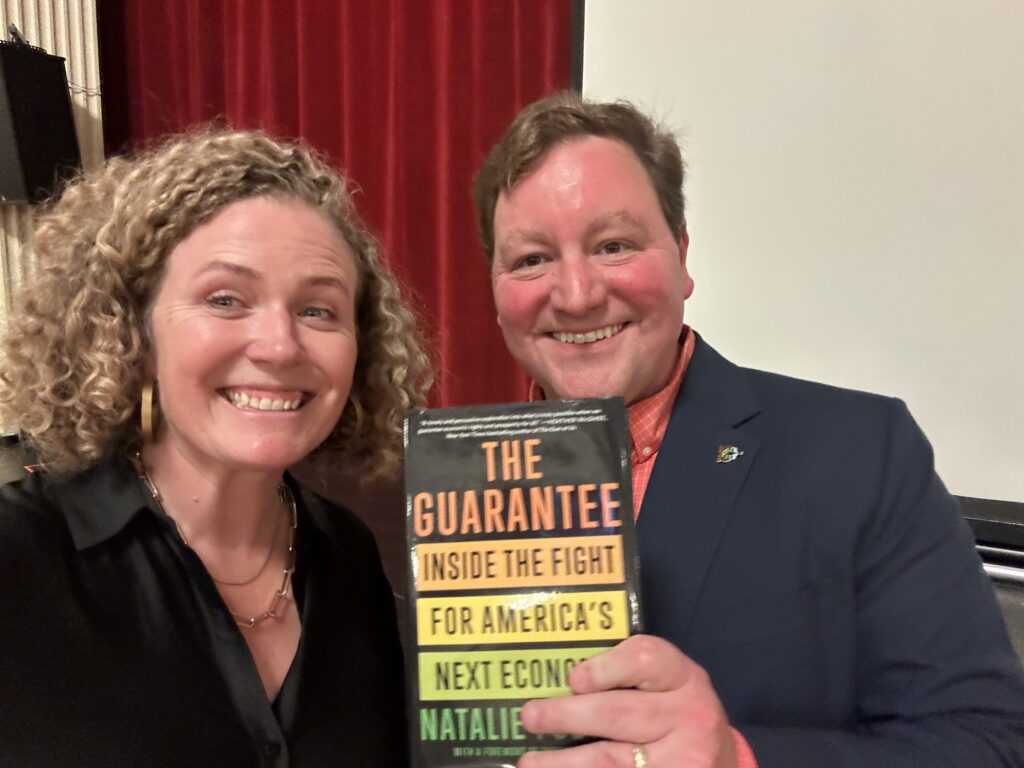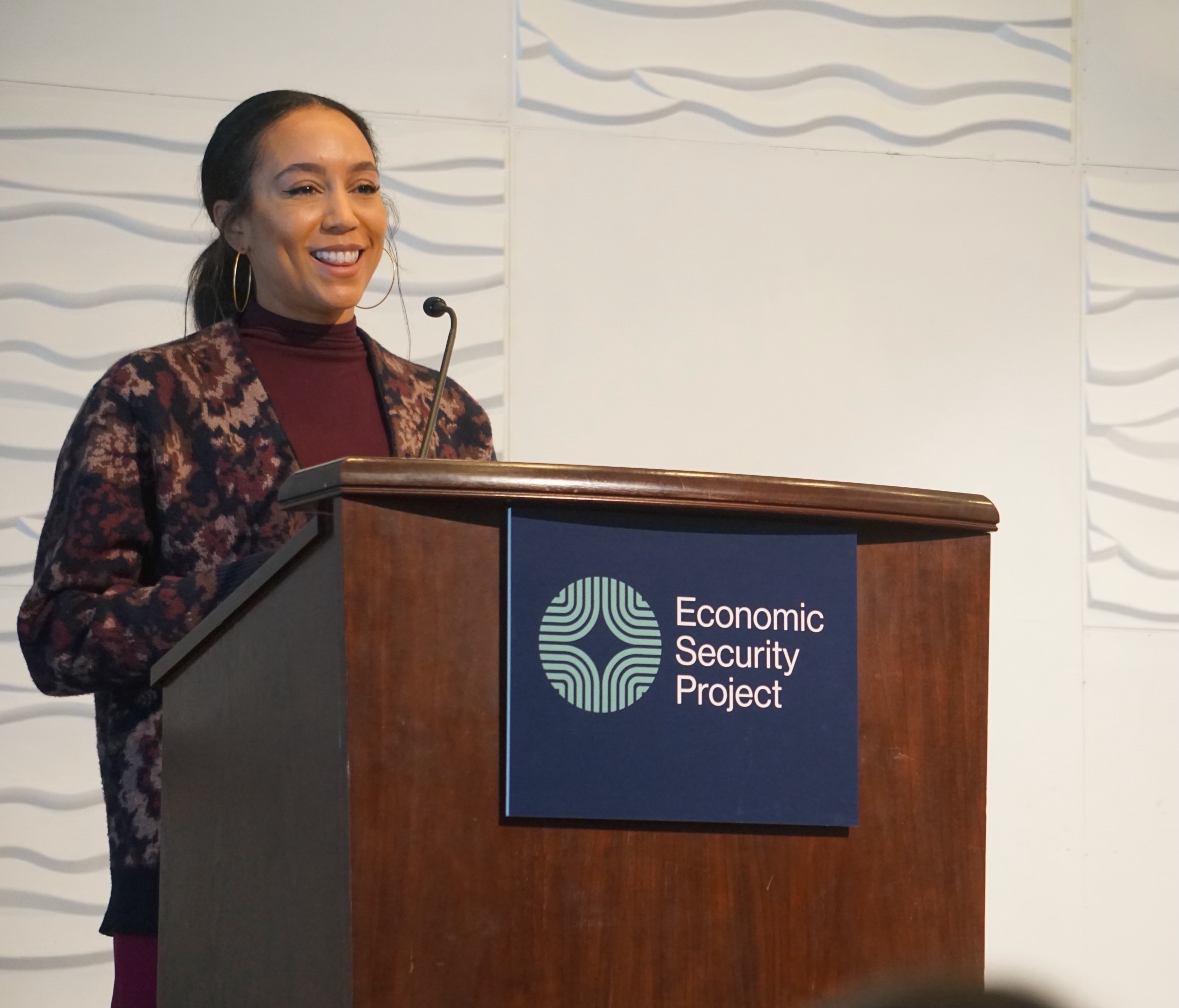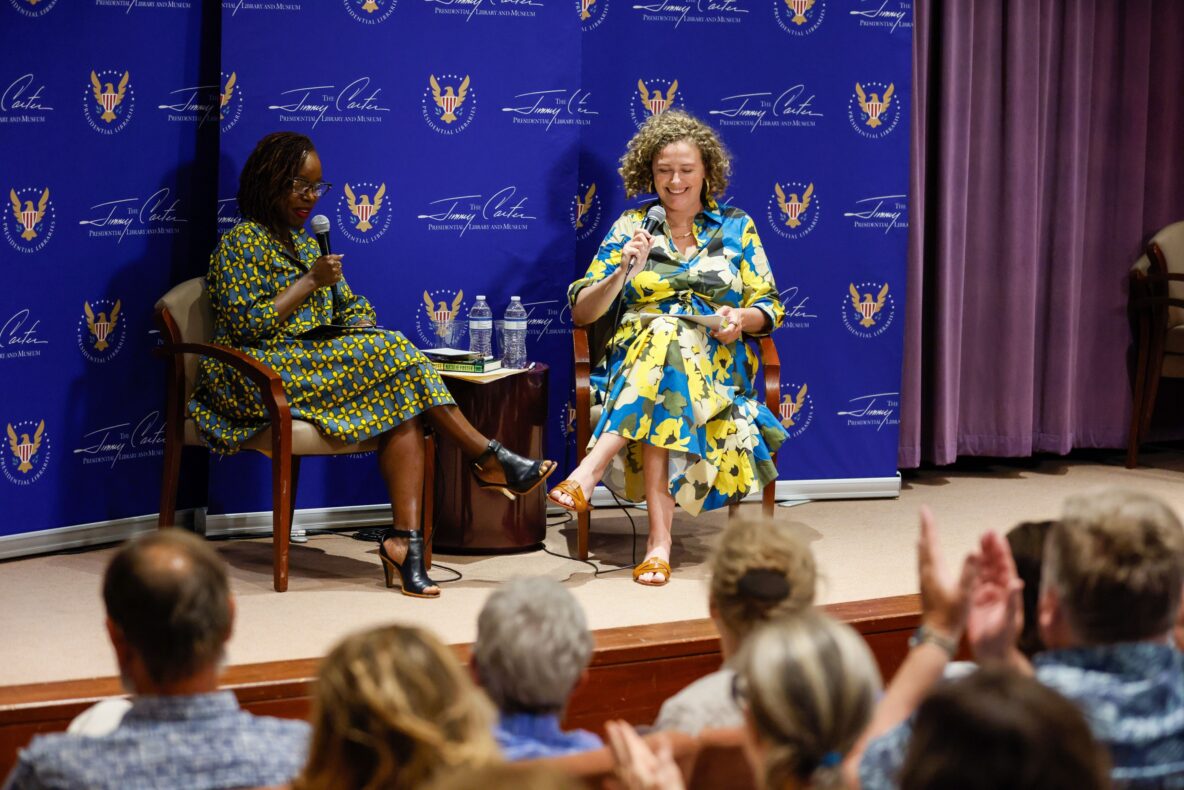By Natalie Foster | December 16, 2024

Baby Bonds are an increasingly popular bipartisan government policy in which every child born into poverty receives a publicly funded trust account at birth. This “start-up capital” allows young adults to access education, home ownership, and entrepreneurship, enabling them to build wealth and lead lives that are hopeful, fulfilling, productive, prosperous, and self-directed. Follow our Baby Blogs series to learn about the vision, politics, and people behind Baby Bonds and their transformative impact on the lives of young people, their families, communities, and our economy.
In this installment of Baby Blogs, Natalie Foster, co-founder and president of the Economic Security Project, discusses the strategic value of hope as new Baby Bonds programs bring the promise of building an economic foundation for all.
“When I would feel overwhelmed by what was going on in the world, I would just say to myself: Hope is a discipline.” — Mariame Kaba
I’ve been turning to these words regularly these days. As I attempt to sense-make the election results, I’ve needed to remind myself that being hopeful is not some optimistic delusional exercise, but a discipline and practice that can propel us closer to the kind of economy we all deserve. I’ve spent much of this year traveling around the country and talking about my new book, The Guarantee: Inside the Fight for America’s Next Economy. Across the nation I saw a lot of hope and I saw a lot of momentum on a guaranteed inheritance, or a Baby Bond.
As I traveled around on the book tour, I was particularly struck by the work in Vermont and Georgia, two tremendously different states both making significant strides towards Baby Bonds programs at a significant scale.

My visit to Vermont coincided with the fall leaves changing colors, putting on a show as I drove downtown to Burlington’s City Hall to meet with State Treasurer Mike Pieciek—a steadfast Baby Bonds champion in the Green Mountain State. Thanks to his work, Vermont passed a bill laying the groundwork for a statewide Baby Bonds program that could invest $3,200 for every child in Vermont born on Medicaid, which they can then withdraw between the ages of 18 and 30.
Like all Baby Bonds programs, this program generates not just income, but wealth for its participants. When you consider that 4 in 10 Americans can’t cover an unexpected $300, it puts into perspective what it means for an 18-year-old to have $11,500 to get themselves to college or a 30-year-old to receive a Baby Bond of $24,500 so they can buy their first home.
Part of the power of Baby Bonds is that they begin to address the intergenerational nature of poverty and provide an influx of cash that can be used to buy a home, start a business, or go back to school. It’s the kind of cash that not only creates an economic floor but can support the steady foundation that allows for dreaming and building and setting down roots.
Vermont’s Baby Bonds program is also designed to keep younger Vermonters in the state, which has struggled with young people leaving to pursue economic opportunities elsewhere. (As designed, the Vermont program will only be accessible to Vermonters who continue to reside in the state.)

I found myself in Georgia in the late spring and sat down with guaranteed income pioneer Dr. Aisha Nyandoro at the Carter Center in downtown Atlanta for my book talk. After the event, I reunited with Hope Wollensack, who leads the Georgia Resilience and Opportunity (GRO) Fund. Hope and her team are launching a Baby Bonds pilot in the beginning of 2025 in Atlanta, Georgia. This pilot is especially encouraging in part because it’s grown out of a multi-year guaranteed income program that is modeled after Dr. Nyandoro’s work in Jackson, Mississippi, centering Black women. In GRO’s new Baby Bonds program, participants receive both a $500 guaranteed income alongside a Baby Bond of up to $40,000 at the time of withdrawal. This means that a whole crew of young people in Atlanta will have access to, as the GRO Fund puts it, “cash today, capital for the future.”
Right now, the real and meaningful traction we’re seeing on Baby Bonds in Vermont and Georgia is fueling my hope against whatever long odds might stand in our way. As organizers Mariame Kaba and Kelly Hayes wrote, “This practice of hope does not guarantee any victories against long odds, but it does make those victories more possible. Hope, therefore, is not only a source of comfort to the afflicted but also a strategic imperative.” Not unlike Baby Bonds themselves, the hope I feel when I look at these policy and programming bright spots is strategic.
Natalie Foster is a leading architect of the movement to build an inclusive and resilient economy that works for all. President and co-founder of Economic Security Project and Aspen Institute Senior Fellow, her work and writing has appeared in The New York Times, USA Today, TIME, Business Insider, CNN, and The Guardian. Natalie speaks regularly on economic security, the future of work and the new political economy. An unstoppable builder, Natalie previously founded the sharing economy community Peers and co-founded Rebuild the Dream with Van Jones, and served as Digital Director for President Obama’s Organizing for America—a leading partner in winning transformative healthcare reform. A daughter of a preacher from Kansas, Natalie draws on the values of community, dignity, and hope to build a better America. She lives in Oakland, California with her husband and two kids.
If you missed previous installments of our Baby Blogs series, read them here.
To share feedback on this blog, or for questions about Baby Bonds, email David Radcliffe at radclifd@newschool.edu.
To learn more, explore our Baby Bonds resources.

